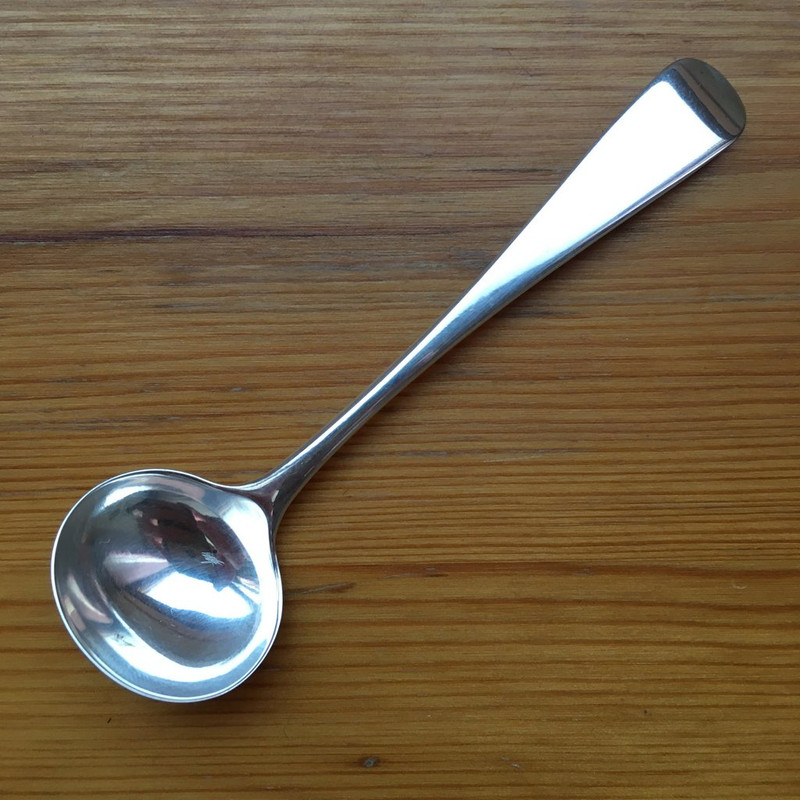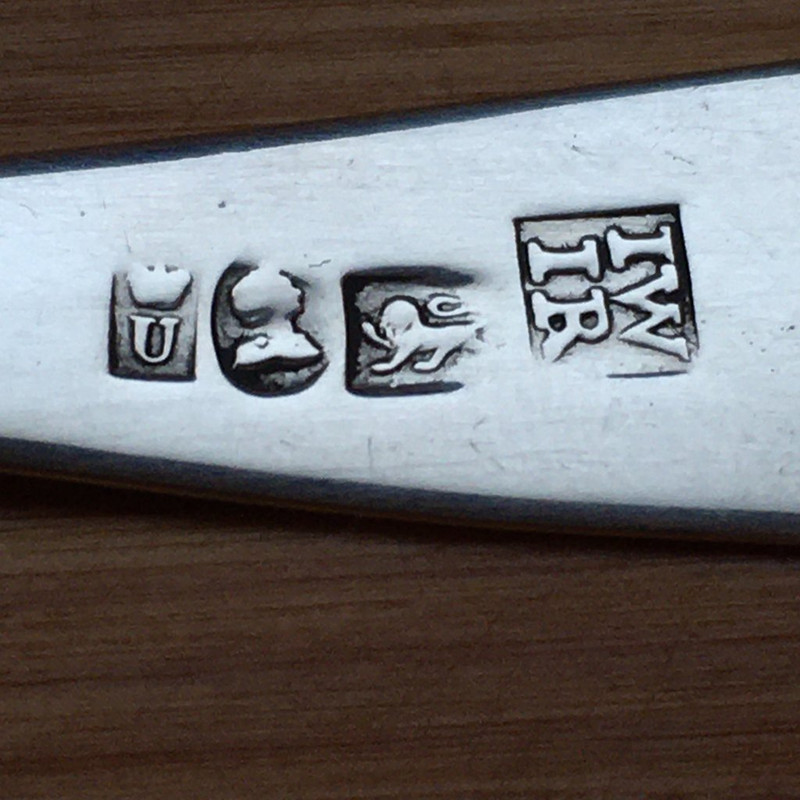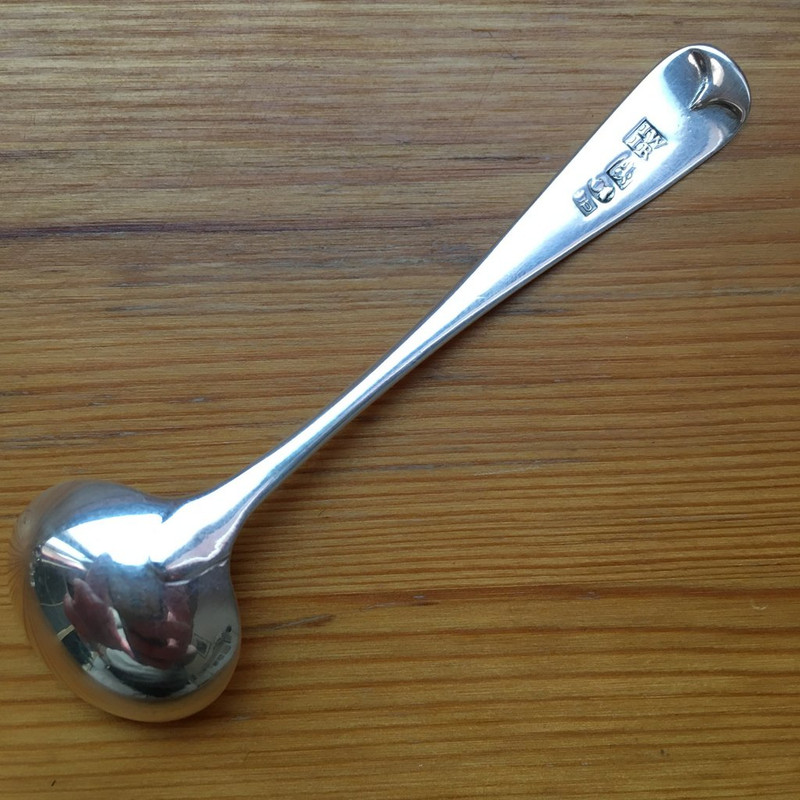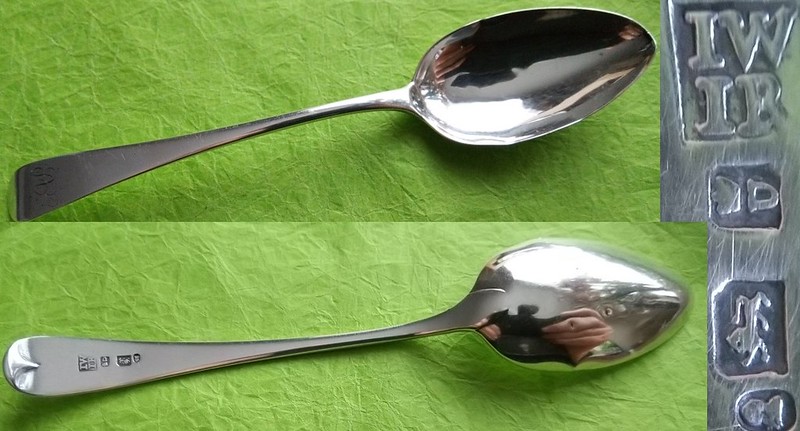Hi Mike,
Well done! That's a great piece of research.
That has to be him, the birth date of the 4th October is the same date of the signing of the indenture on his fourteenth birthday in 1799, thus completing his apprenticeship on his twenty-first birthday in 1806.
During the course of his apprenticeship he would have seen the demise of his old Master, John Hampston who died on the 26th January 1805, aged 67, and amongst the more notable of his fellow apprentices would have been, Edward Jackson, Thomas Stead, who was later to become the Assay Master at York 1837-1839, and James Barber.
John Whip's replacement as apprentice would have been John Burrill, who signed indentures just a couple of weeks before Whip's completion, on the 10th September 1806. John Burrill was later to become Assay Master at York for the period 1839-c.1857.
If John Whip continued as journeyman with the company, which it is very likely that he did, he would have witnessed great changes in the next few years. George Cattle died on the 29th September 1807 and a month or so later the remaining partnership of John Prince and Robert Cattle was dissolved. This left the firm in the hands of Robert Cattle, who wasted little time before taking James Barber into partnership with him on the 1st January 1808. Barber, who had not long completed his apprenticeship, was probably from a wealthy family, it was noted that when he was indentured to H,P & C's, that his father had paid the sum of £100 to the firm.
The above partnership was to last until 1814 when Robert Cattle departed from the firm and was replaced by William Whitwell who had been an assistant at the firm for several years.
At this point, one can only speculate as to when John Whip left the firm to strike out on his own account, and as to why he left York for Sheffield.
http://www.925-1000.com/forum/viewtopic ... 5&start=30" onclick="window.open(this.href);return false;
Regards Trev.
.






